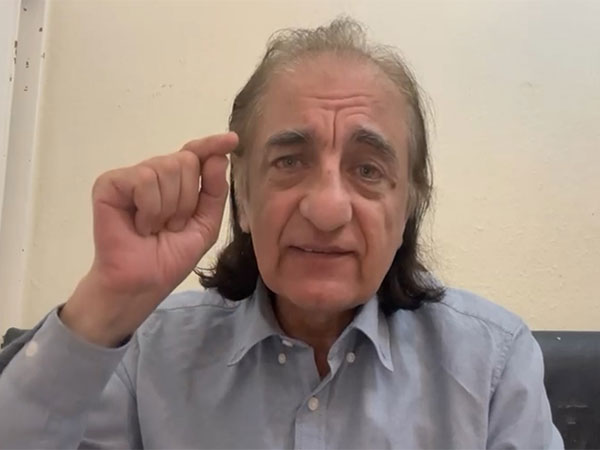"Vacation of illegally occupied territories": MEA slams Pak Army Chief's remarks on Kashmir
Apr 17, 2025

New Delhi [India], April 17 : The Ministry of External Affairs (MEA) on Thursday responded to Pakistan Army Chief Asim Munir's comments on Kashmir, emphasising that the view of Kashmir being a "jugular vein" is baseless.
While addressing a press briefing on Thursday in New Delhi, on the comments by Pakistan Army chief terming Kashmir as a jugular vein, MEA Spokesperson Randhir Jaiswal said, "How can anything foreign be in a jugular vein? This is a union territory of India. It's only relationship with Pakistan is the vacation of illegally occupied territories by that country..."
He further said that the reputation of Pakistan as the epicentre of global terrorism will not decrease.
"Pakistan may try very hard, but its reputation as the epicentre of global terrorism will not diminish. The extradition of Rana serves as a reminder to Pakistan that it needs to bring to justice other perpetrators of the Mumbai terror attacks, whom it continues to shield," Jaiswal said.
This comes after Asim Munir, during his address at the Convention for Overseas Pakistanis event, said that India and Pakistan differ in every conceivable aspect, including religions, customs, traditions, thoughts and ambitions, reinforcing the Two-Nation Theory that led to Pakistan's creation in 1947.
Munir invoked the 'two-nation theory', which was responsible for the creation of Pakistan back in 1947 and asked the Pakistan citizens to teach their children the difference between Hindus and Muslims, which was the basis for the creation of the Islamic Republic.
During his address at the Convention for Overseas Pakistanis event on Wednesday, Pakistan General Asim Munir had said that the forefathers of Pakistan have taught that they are different from "Hindus" in every possible aspect, due to which the foundation of the two-nation theory was laid.
"You must tell the story of Pakistan to your children so that they do not forget the story of Pakistan. Our forefathers believed that we were distinct from Hindus in every possible way. Our religion is different, our customs are different, our traditions are different, our ambitions are different, and our thoughts are different. That is the foundation of the two-nation theory, which was laid, the foundation of the two nations," Asim Munir said during his address on Wednesday.




















